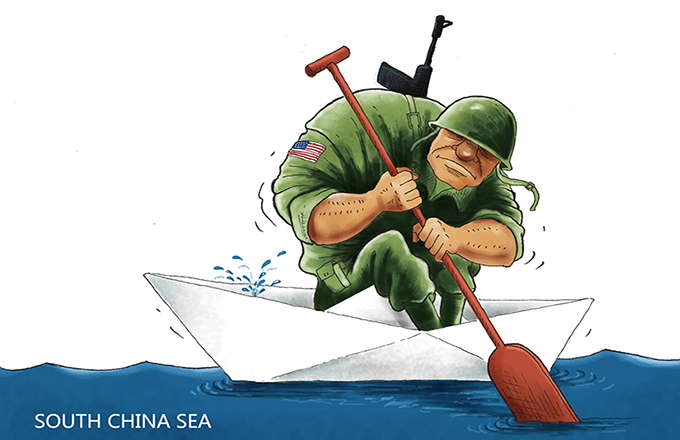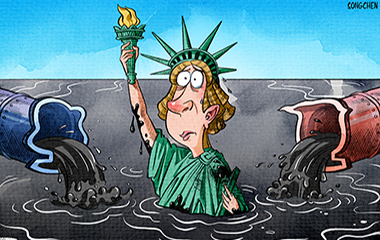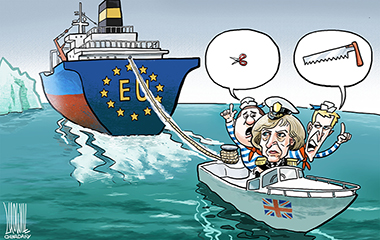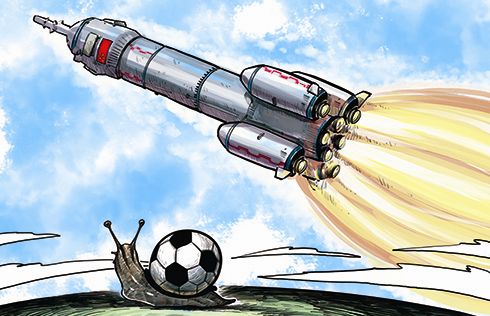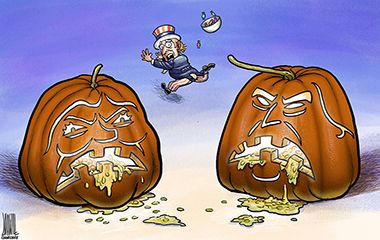Fighting corruption key to improving governance
An inevitable and unavoidable task
 |
|
M. D. Nalapat, a professor of geopolitics at Manipal University, India |
Top leader Xi Jinping has initiated an excellent cleaning drive in the bureaucracy and shown exemplary courage in taking action against so many corrupt powerful figures. And there is little doubt that China is changing as a result of his vigorous moves.
Now President Xi Jinping has launched the Belt and Road Initiative, which when completed will change global geopolitics and create a larger market in Eurasia than the rest of the world combined. Xi understands that the plans that he has for China can only be completed in a situation where the administration is honest and effective.
Corruption leads to bad decisions; slower decisions, as officials wait for bribes before initiating action; and more expensive decisions. Given the scale of the transformational projects that President Xi Jinping is initiating, it is essential for success that those who are corrupt, no matter how high, even those in the military, be exposed and removed from authority. This is happening on an unprecedented scale in China because of Xi's anti-corruption campaign.
Across China, there is a sense that those who indulge in corrupt activities face a high risk of exposure. As a consequence, the volume of graft has gone down considerably.
Most important, those in leadership positions in big State-owned enterprises who were corrupt have been replaced by others with a cleaner record. The good effects of such radical surgery on the administrative machinery will begin to show within a few years, as the influence of the new people begins to be seen.
Overall, China is poised for another push toward high growth and increased global relevance under Xi. In such a process, the war on corruption is inevitable and unavoidable.
There are officials in both China and India who are super-greedy. But in the two largest Asian countries, the salaries of government officials, especially at grassroots levels, are very low relative to the prices of goods and services, leaving room for corruption.
Just like India in the 1960s, the post-independence government sharply increased the powers of officials while sharply reducing their salaries. As a result, corruption increased.
Countries need to ensure the salaries of officials are at levels that provide them with a sense of security, thus prevent them from indulging in corruption but still they can live a reasonably comfortable life.
If the rule of law is improved, and laws are made simpler and realistic, China and India both will score highly on the honesty and transparency index. And only a comprehensive restructuring of the system and changes in laws can help eliminate corruption in the two countries.
- Documentary reaffirms resolve to fight corruption
- Corruption 'sending whole family into abyss'
- Acts of corruption slowly got 'out of hand'
- Former senior official in Shanxi stands trial for alleged corruption
- Ling Zhengce stands trial for corruption
- Ex-leader of Shanxi's capital gets life in prison for corruption
- China cautions against corruption, extravagance in holiday
- Four former senior officials charged with bribery in action against corruption




